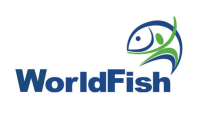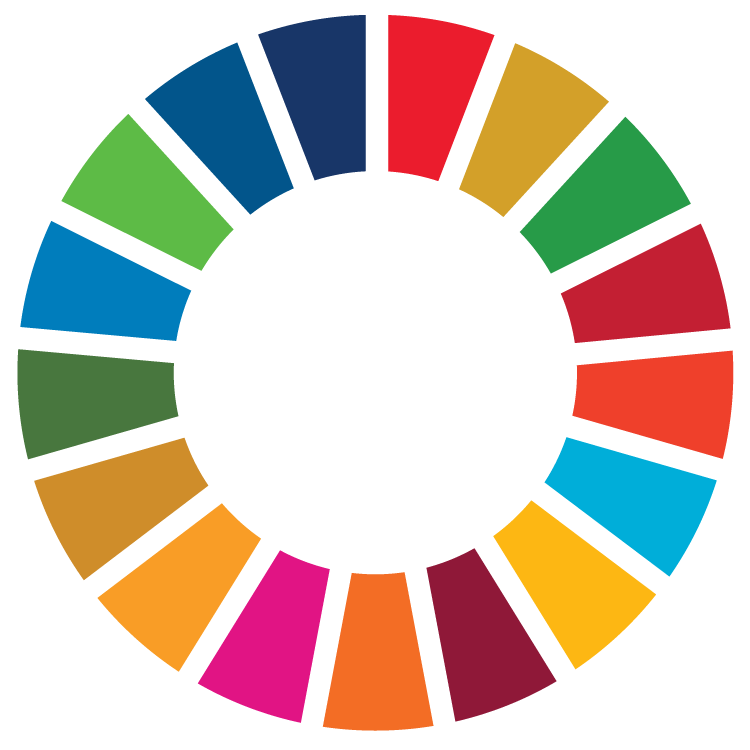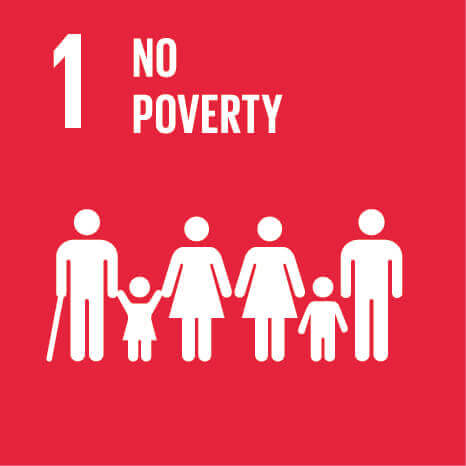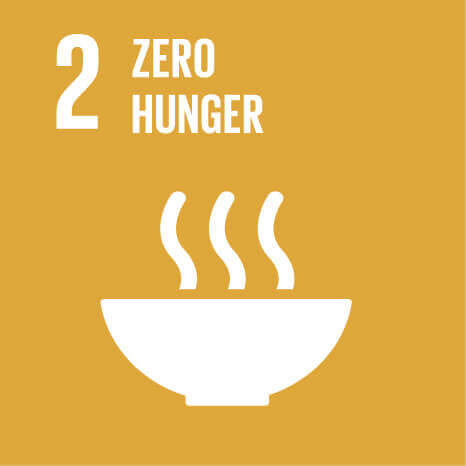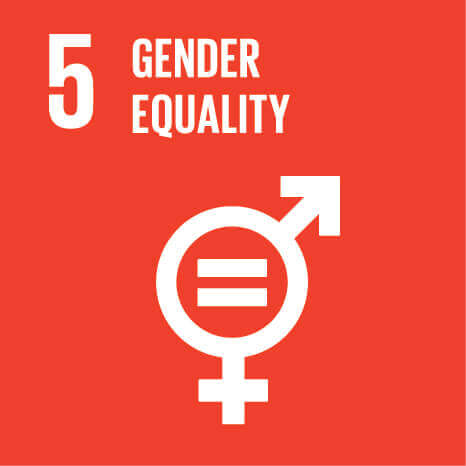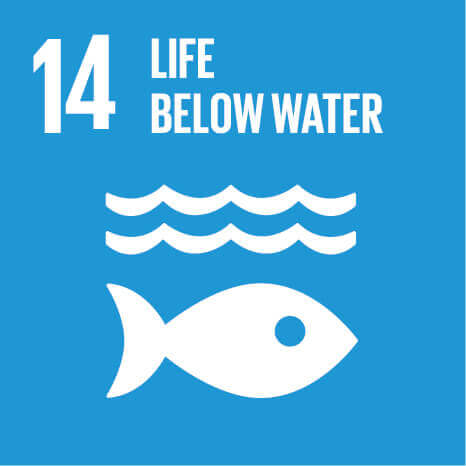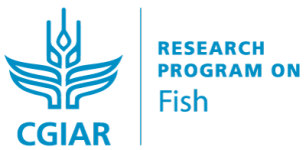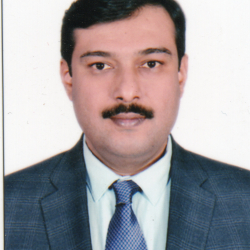The Government Policy Corrigendum on Grant of Long-term lease of Gram Panchayat Tanks for Pisciculture is a new policy promulgated in Odisha (India) in 2018.
Published on: April 30, 2019, Submitted by Arun Padiyar Panemangalore on: April 16, 2019, Reporting year: 2018
The new policy allows communities longer term access to small water bodies for aquaculture with the intent to reduce malnutrition and food insecurity, and increase income, particularly of women, in Odisha.
Honourable Chief Minister Mr. Naveen Patnaik announcing State Nutrition Strategy on the occasion of International Women's Day on 8th March 2020
WorldFish has signed a Memorandum of Agreement (MoA) with Fisheries and Animal Resources Development (FARD) Department, Government of Odisha on 28 June 2016 for technical collaboration to assist it in implementation of Odisha Fisheries Policy-2015 under inland fisheries development sector. The major objective of the MoA is to increase fish production in the province in order to increase the income and employment among rural population and to reduce malnutrition among the poor and vulnerable communities in the province.
Odisha Province of India is a fish deficit province and imports about 40,000 metric tons of freshwater fish per year, mainly Indian Major Carps from neighbouring provinces. About 34% of the children below 5 are malnourished in the province. However, the province has about 65,000 village public water bodies called as "Gram Panchayat Tanks" (GP tanks) spread over 50,000 Ha which are underutilised or not used for fish production. These GP tanks are owned by the Gram Panchayats (village governance bodies) under the policy guidelines set by the Department of Panchayati Raj and Drinking Water (PR&DW), Government of Odisha. Also, there are about 650,000 Women Self Help Groups (WSHGs) under the purview of Women and Child Development and Mission Shakti (WCD & MS) in the province which are involved in various economic and enterpreneurial activities.
In order to increase the fish production, reduce the malnutrition and increase the income of women in the province, the PR&DW Department in consultation with FARD and WorldFish has formulated a policy corrigendum on 29 June 2018 for long-term leasing (3-5 years) of these tanks to local WSHGs for fish production on priority basis. A convergence scheme was prepared and rolled-out under the Departments of FARD, PR&DW, WCD & MS for promotion of scientific fish farming in GP tanks by WSHGs. Financial and technical support is provided to WSHGs under this program through Odisha-WorldFish project, technical staff of FARD and field coordinators of WCD & MS.
Government plans to include 10,000 Ha of GP tanks over next 5 years through the above convergence scheme.
Province-level Convergence Orientation Conference was conducted on 27 September 2018 at provincial capital, Bhubaneswar. About 210 state-level and district-level officers from FARD, PR&DR and WCD&MS Departments have participated. District-level Training of Trainers (ToTs) were conducted in 30 districts during December 2018 - March 2019 and a pool of 1259 master trainers was created by Odisha-WorldFish project for decentralised training and handholding support to WSHGs for fish farming. These master trainers are technical officers from FARD and field coordinators from WCD&MS Departments. The master trainers will organise block-level trainings to 8,400 WSHG leaders and 800 Prani Mitra's in 320 block-level trainings during June 2019.
During 2018-19 calender year of the Government, 1,780 GP tanks (1570 Hectares) are leased to 1,780 WSHGs representing 17,800 households for scientific fish farming under the Government convergence scheme. The fish farming is under progress during the reporting date.
Stage of Maturity and Sphere of influence
-
Stage of Maturity: Stage 2
-
Contributions in sphere of influence:
Acknowledgement
This work was undertaken as part of the CGIAR Research Program on Fish Agri-Food Systems (FISH) led by WorldFish. Funding support for this work was provided by the FARD department and the United States Agency for International Development (USAID).
